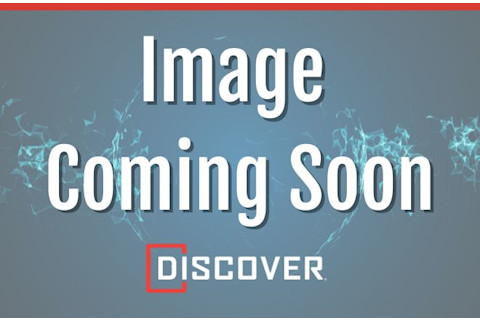
..."yes and no". A while back I blogged about some researchers who analysed internet discussions of antidepressants to work out what users thought about them. Now a new paper's just come out, doing much the same thing but focussed on a single comment thread: Miracle Drug, Poison, or Placebo.
Back in 2008, MSNBC ran this article, prompted by the recent publication of the famous Kirsch paper. The article itself was short but the ensuing discussion in the comments rapidly grew to epic proportions. By the end of it there were a total of 1,629 posts by a total of over 1,200 people.
In the new paper, author Michael Montagne presents an analysis of the thread. He read through all of the postings and focussed on the ones written by people who had personally taken antidepressants. After excluding obvious spammers and other undesirables (see the picture...), there were still 960 antidepressant users who wrote 1,231 posts.
He first looked to see how many people thought antidepressants were "miracle drugs, poisons, or placebos", which was the title of the original article. However, only a handful of people used those terms in their comments. Almost everyone agreed that antidepressants were not just placebos.
Users employed a range of metaphors to describe the experience. 45 people described them as "livesaving" and 8 said they were a "Godsend". But 21 accused them of turning them into "a zombie".
Down at the bottom of the list were some more unique phrases that only one person used such as "Unleashes a 100 blind monkeys in your brain with instructions to rewire", "Uberpositive girl" and "Robot-zombie wrapped in 4 inches of insulation". That last one could be quite a good horror movie actually.
While there were a small number of absolutely negative comments like "evil" and "Devil's drug", the most consistent theme in the metaphors was that of emotional numbing, with the idea that these drugs remove the symptoms by removing the ability to feel (see e.g. "zombie", "robot", "disconnected", "in a bubble", "band aid".) which seems rather ambivalent. However, only about 10% of the users used any metaphors at all, so take that with a pinch of salt.

Even more salt is required for this graph I made from the table showing the number of positive, negative and mixed judgements on each antidepressant. I've not shown the data from drugs like tricyclics where there were less than 20 total responses. It's interesting, though, that people tended to be more positive about specific drugs than they were when talking about "antidepressants" in general.
There were various other themes in the comments including an ongoing debate between people who said that depressed people ought to seek help from God (who tended to be non-users) vs those who disagreed (who tended to be users). Overall it's an interesting read, but I think it's one of those papers that's more interesting than it really deserves to be. At the end of the day, it's one comment thread on one article on one site.

Montagne M (2011). Miracle drug, poison, or placebo: patients' experiences with antidepressant medications as described in postings on an online message board. Substance use & misuse, 46 (7), 922-30 PMID: 21599508













